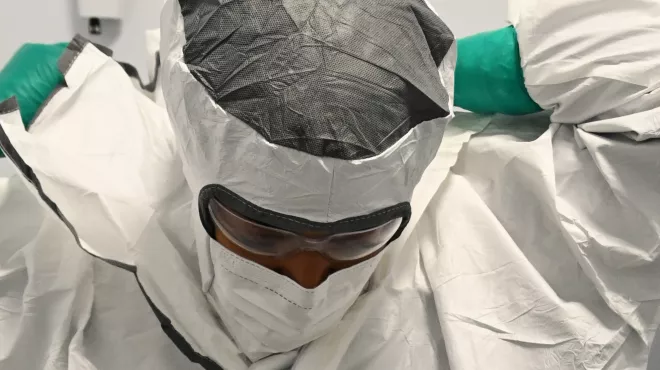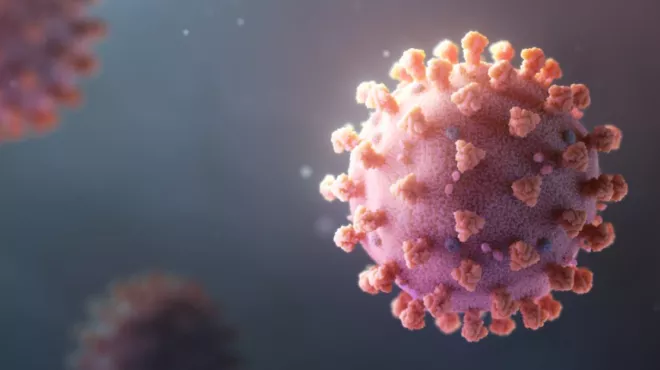Over the course of hundreds of millions of years, nature has equipped plants and other living organisms with their very own survival kits. Throughout history, we humans have borrowed from nature to defend against one of our greatest enemies—disease.
The complex structures of natural products—the chemicals produced by living organisms—are practically impossible to imagine, let alone build from scratch in a lab. So when scientists at Novartis synthesize molecules, they look to nature for inspiration, hoping to take advantage of that evolutionary head start.
Occasionally scientists also use these structures as the basis for new medications. They study the highly specific interaction between natural products and their biological targets to explore the molecular underpinnings of disease and reveal alternate starting points for new treatments.
Natural products have been optimized over eons to interact with particular proteins, so they’re logical tools for investigating pathways.
Why are natural compounds powerful tools in such investigations? Nature rarely reinvents the wheel. It employs the same core set of signaling pathways—or networks of molecules called proteins—over and over in different combinations to accomplish various tasks. A single pathway, for example, might instruct cells to divide in one context and migrate to a different part of the body in another. These molecular pathways—which are frequently similar across species—also play a role in disease.
Natural products have been optimized over eons to interact with particular proteins, so they’re logical tools for investigating pathways. Scientists can douse diseased cells with compounds found in nature and look for interesting responses, or “hits.” The protein that a compound interacts with to elicit a response is called its target. By identifying targets relevant to disease and their position in pathways, scientists can jumpstart the discovery of new treatments.
Learn more about this approach—and about natural products in general—by exploring Beautiful Medicine, an exhibition curated by Novartis.



